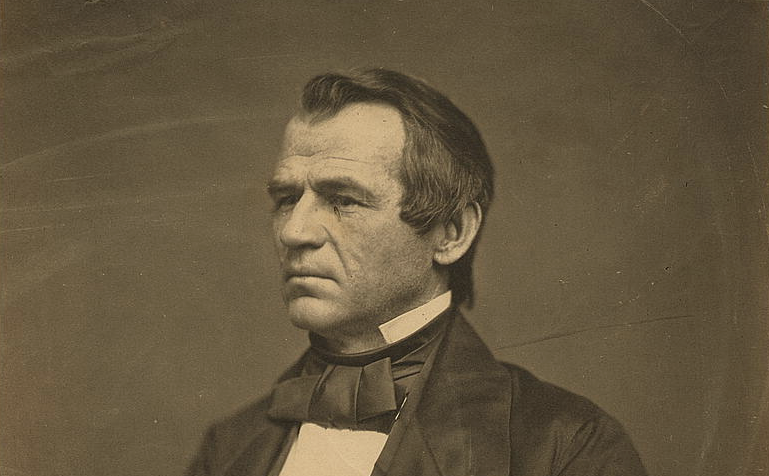(The Center Square) – North Carolina has been two decades without a representative on a major party’s ticket for president, and 155 years since it last had a native son in the White House.
Gov. Roy Cooper is the newest name to get close to either, having become one of a handful of favorites to be chosen by Vice President Kamala Harris as running mate for Democrats in a chaotic summer election season. Just over three weeks from a debate that raised health concerns, President Joe Biden on Sunday said he would not seek reelection.
In between was an assassination attempt on his political rival, former President Donald Trump. Harris is the only candidate being pushed ahead of the Democratic National Convention in Chicago on Aug. 19-22, and Cooper could be with her.
Other contenders are Pennsylvania Gov. Josh Shapiro, easily the co-favorite with Cooper according to oddsmakers; Kentucky Gov. Andy Beshear; Arizona U.S. Sen. Mark Kelly; and though possibly a longer shot, Transportation Secretary Pete Buttigieg.
Cooper is unbeaten in 13 elections – three for the House, four in the Senate, four four-year terms for attorney general, and two four-year terms for governor. And his priorities match well with Harris. He’s long been an ally on the state level for national level Democratic initiatives, particularly as it relates to the environment.
In his 2020 campaign for governor, Cooper campaigned on accomplishments, for “good-paying jobs,” public education, access to quality affordable health care, and “a safer and more just” North Carolina. He has pushed for Medicaid expansion since defeating incumbent Republican Pat McCrory in 2016, and on Dec. 1 celebrated it happening.
Harris, like Cooper a former state attorney general, is a leading voice for abortion rights. She began a presidential campaign in January 2019, suspended it that December, endorsed Biden in March 2020 and joined him on the ticket in August. Beyond her prosecutorial record and angst toward Trump, the campaign’s foundation never had enough momentum and even struggled with a key voting bloc, Blacks, of the party.
Cooper and Shapiro are favored in part because they represent two of the seven consensus battleground states. Michigan, Wisconsin, Georgia, Arizona and Nevada are the others. Even 20 years ago, however, a North Carolinian couldn’t help Democrats win North Carolina.
The Kerry-Edwards ticket was routed 56%-43.6% by incumbent President George Bush and Vice President Dick Cheney.
North Carolina’s last vice president – Sampson County’s William Rufus King, with President Franklin Pierce in 1852, is the only other – was Raleigh native Andrew Johnson, who rose as a politician living in Tennessee and ascended into the White House upon the assassination of President Abraham Lincoln. It was two decades after Mecklenburg County native James Polk, who wasn’t nominated by Democrats until the ninth ballot. Each was president for four years.
Whether North Carolina had a third in the White House is subject to argument. Two-term President Andrew Jackson is generally listed as having been born in the Carolinas backwoods, in a settlement known as Waxhaw along Union County’s border with South Carolina.
— Alan Wooten, The Center Square
